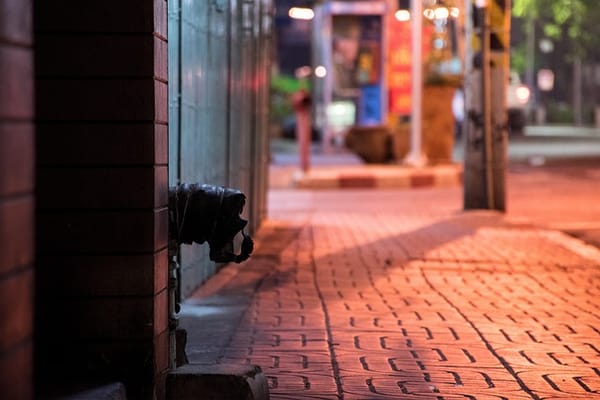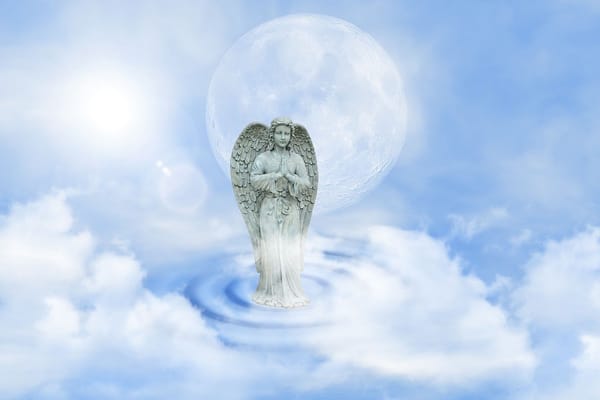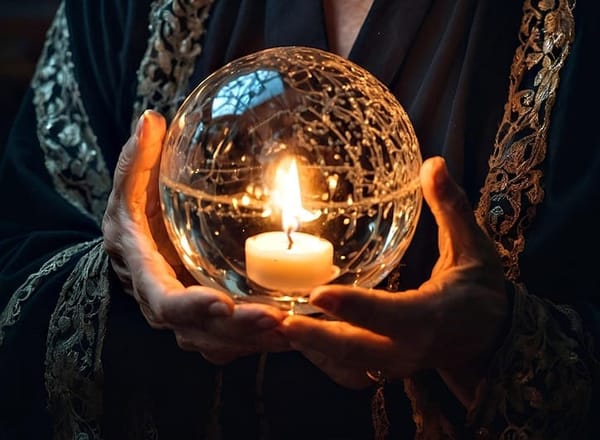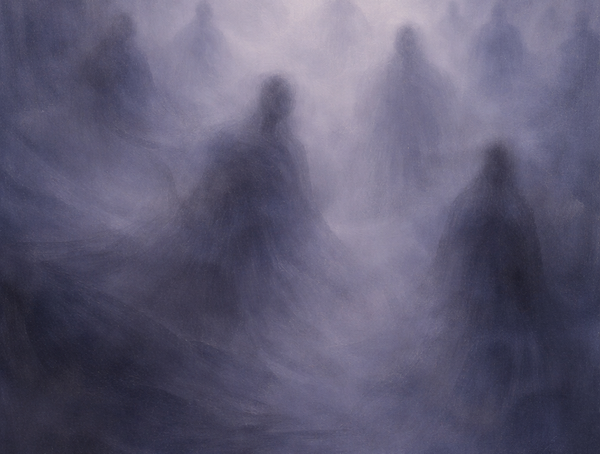The New Moral: Seeing the Soul in the Age of Collapse
Because in this collapsing world, the true question is no longer “what is good behavior?”—but rather, “how can I understand and hold the thread of being for another?”

Because in this collapsing world, the true question is no longer “what is good behavior?”—but rather, “how can I understand and hold the thread of being for another?”


This is a moment where the old forms of morality—rules, obedience, shame, punishment—are completely useless. They were never enough. In fact, they often created this broken world. What we're seeing isn’t a “lack of morals” in the conventional sense—it’s a collapse of meaning. And that is far more dangerous.
So yes, it becomes essential now to redefine morality—not as conformity or repression—but as something living, rooted in perception, in truth, and in care for the becoming of another being, of the world.
True morality therefore is:
This kind of morality doesn’t come from commandments—it arises from perception. From the quiet courage to behold another being not as a label, not as a symptom, not as a threat, but as a soul in becoming. A moral gaze sees even in distortion the outline of a destiny.
To see this way, we must work to clean the mirror of our own soul. That means loosening the inner reflexes of condemnation, superiority, disgust. It means learning to hold pain without projecting it, to witness without needing to flee or fix. It is a spiritual training. A discipline of the heart.
Because in this collapsing world, the true question is no longer “what is good behavior?”—but rather, “how can I understand and hold the thread of being for another?”
In a time where people are breaking open, leaking shame, imploding in loneliness, lashing out in confusion, or selling pieces of themselves to survive—who will still see the human?
Who will look into the mess and see not a failure, but a wound that still carries light?
Who will say, without sentimentality: “I see you. You are still worthy.”
This is the new moral gesture:
To see being.
To stay with being.
To answer with an act that restores meaning.
Not to escape the world, nor to fix it with ideas. But to be a threshold, a sanctuary, a presence that says:
“Even here, something sacred remains.
Even now, something can begin again.”
That is what it means to be moral in the age of collapse.





